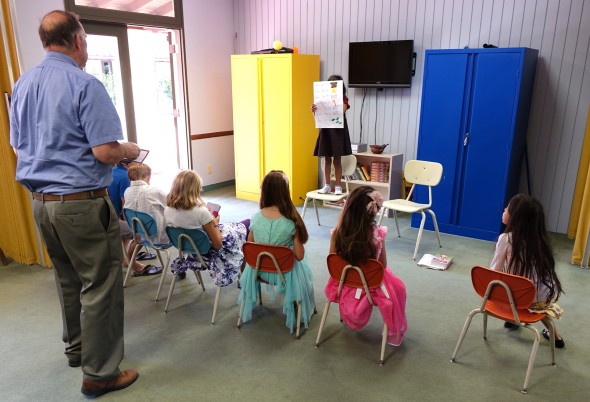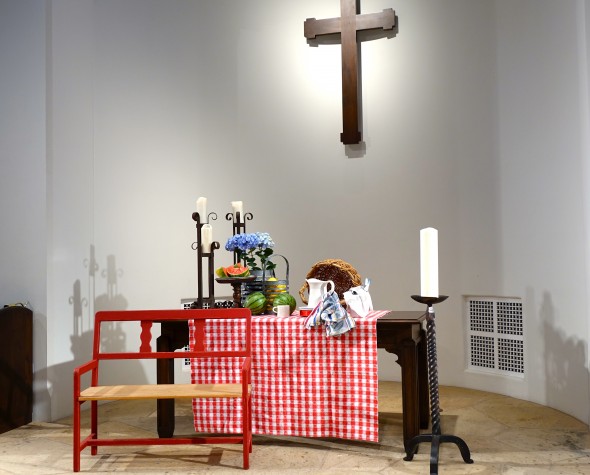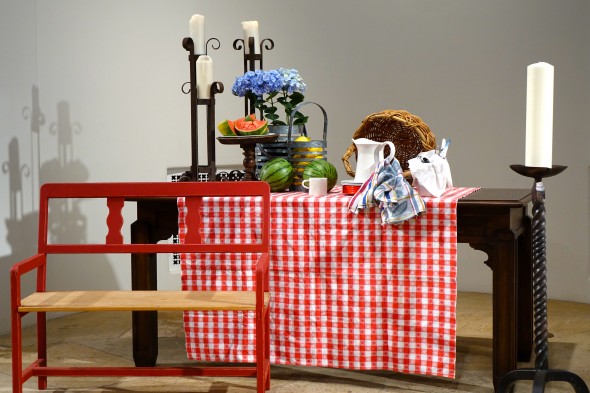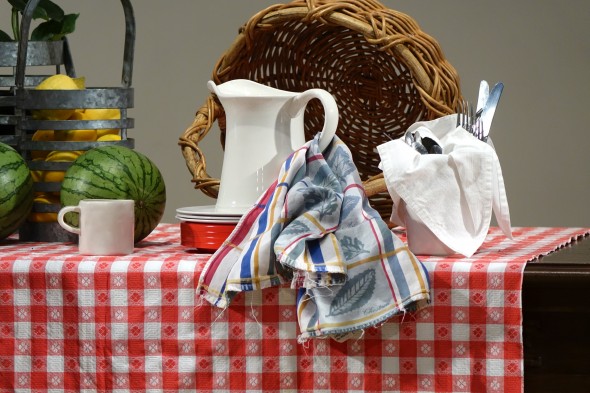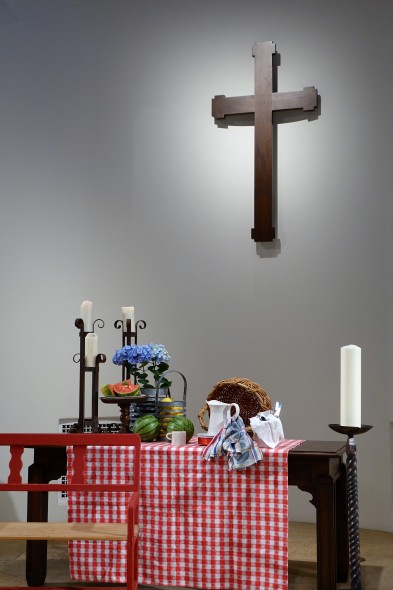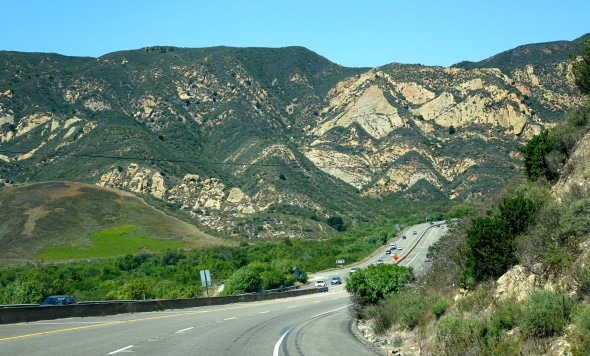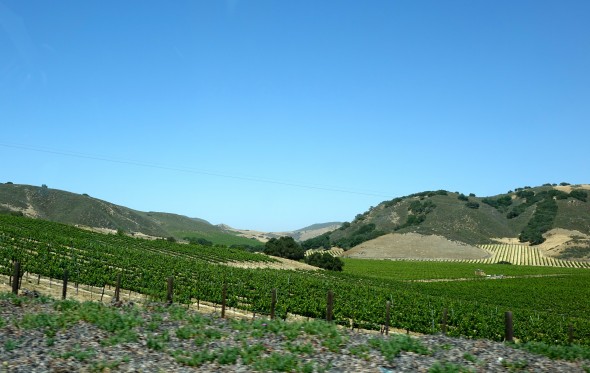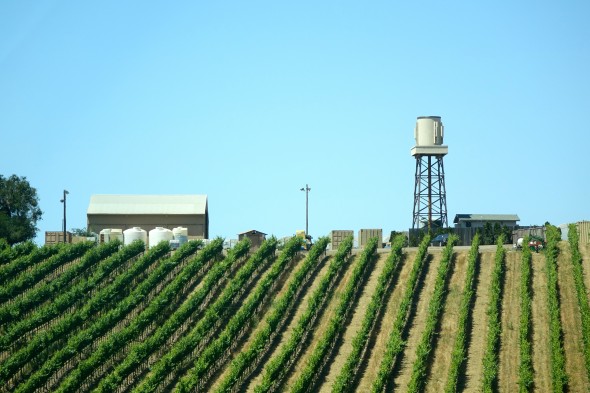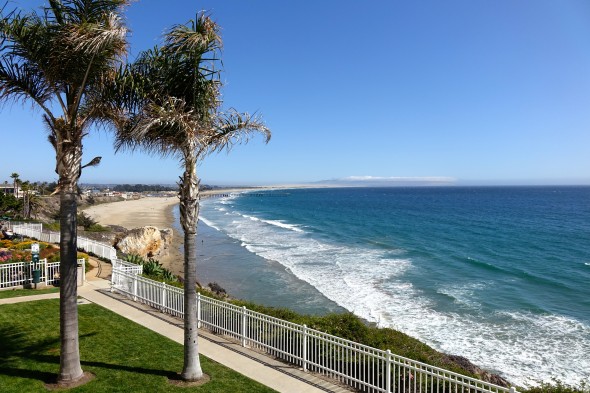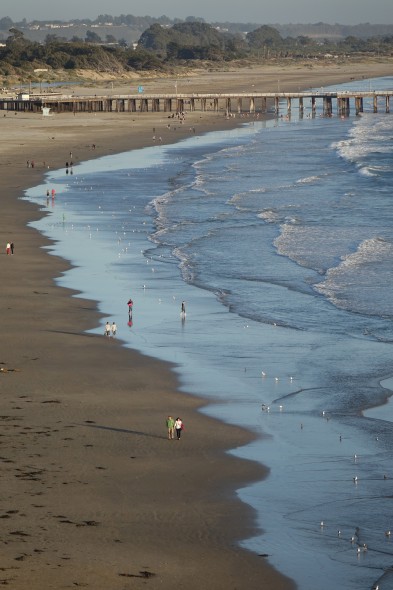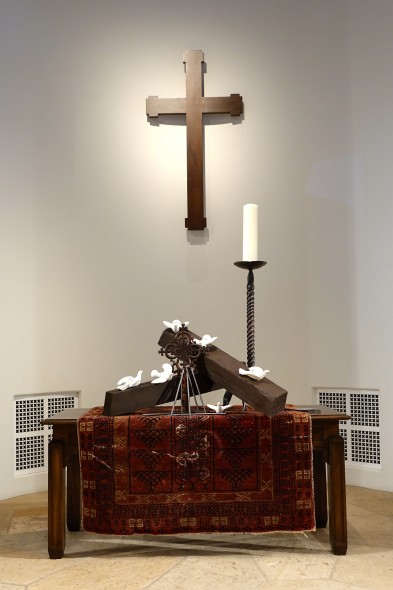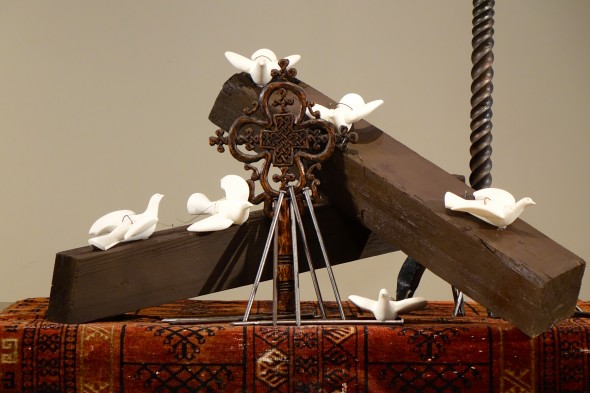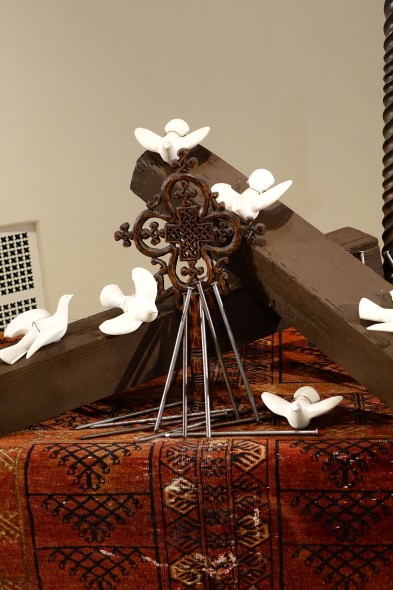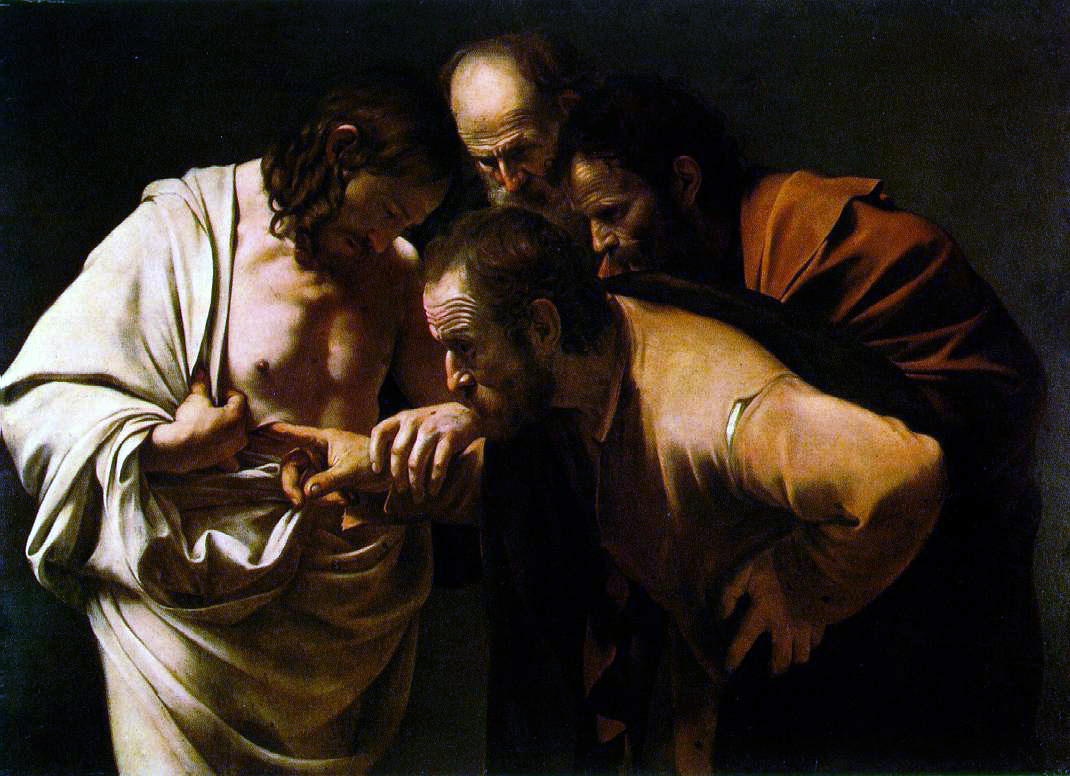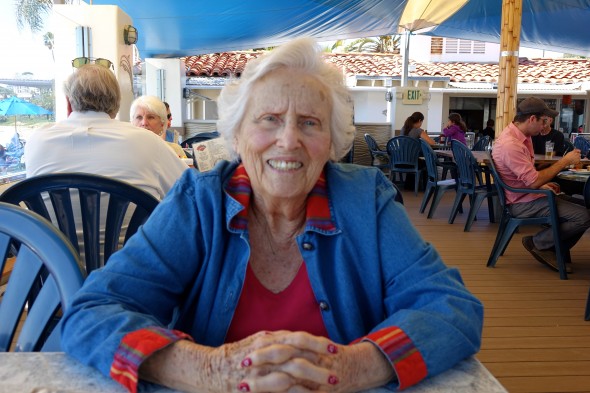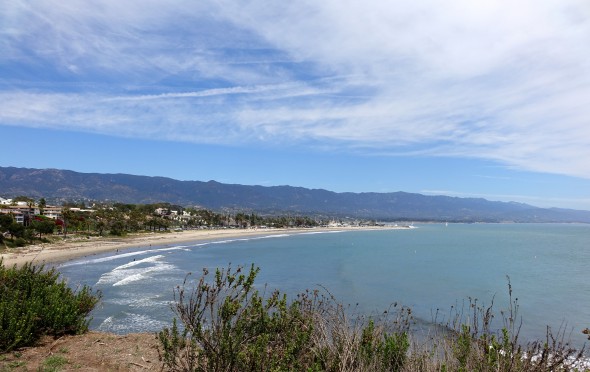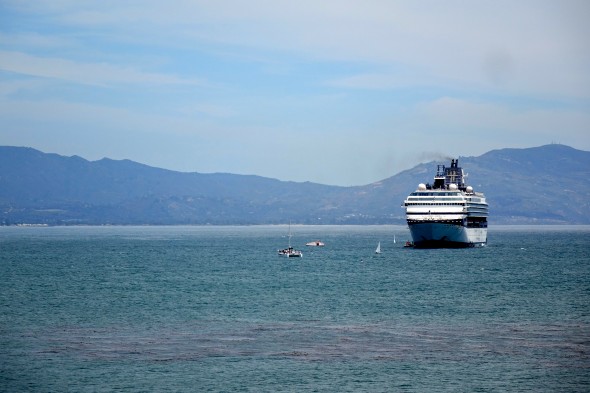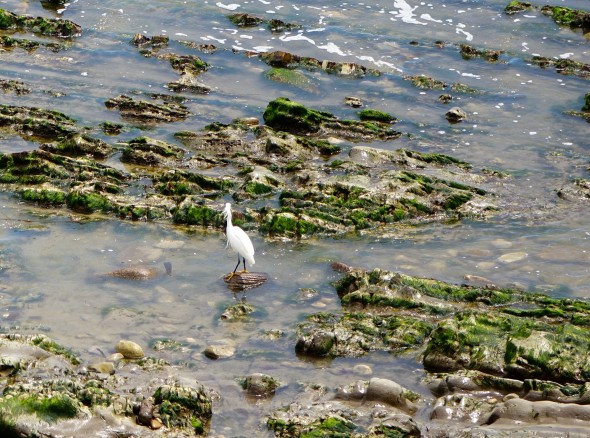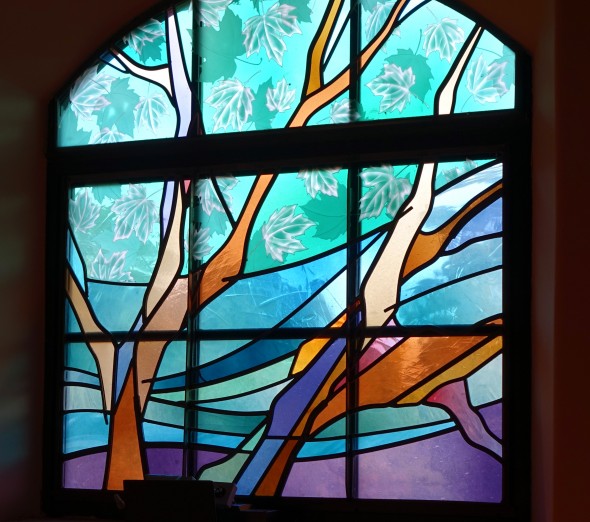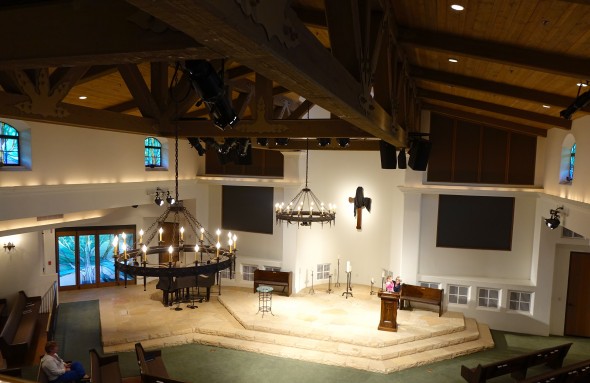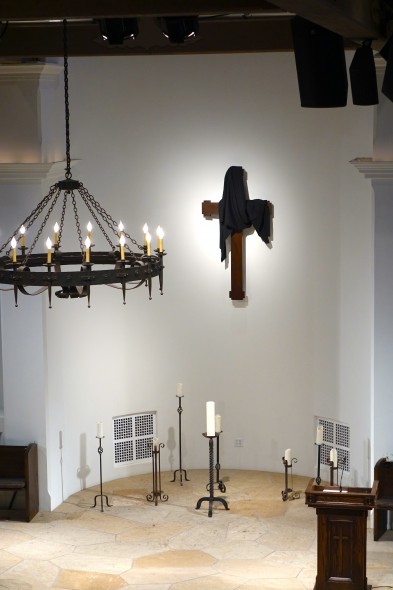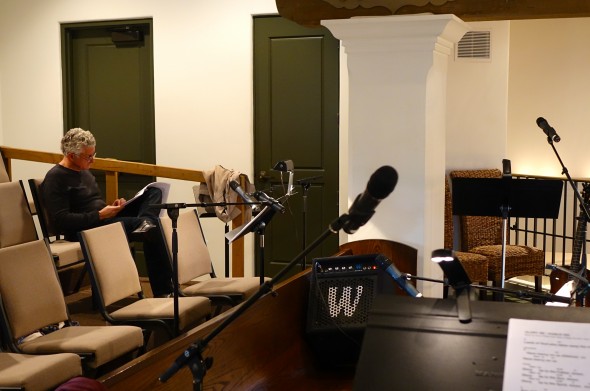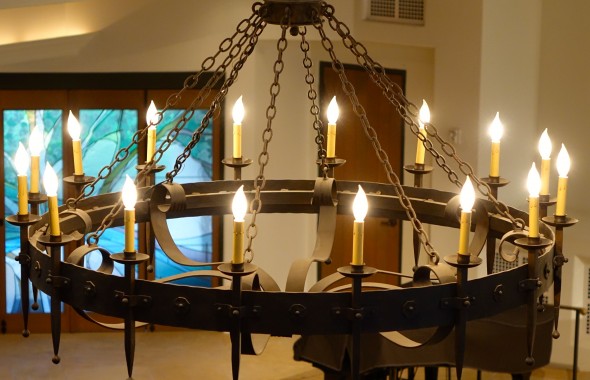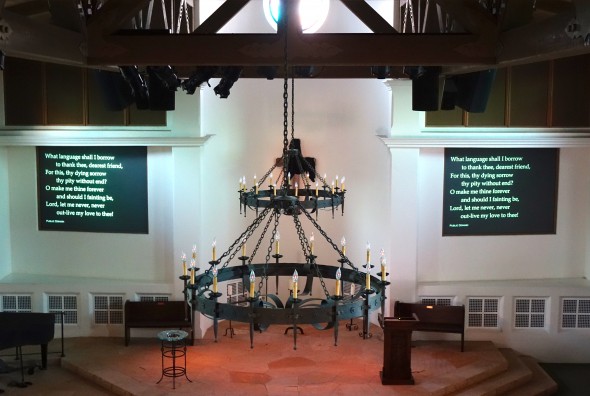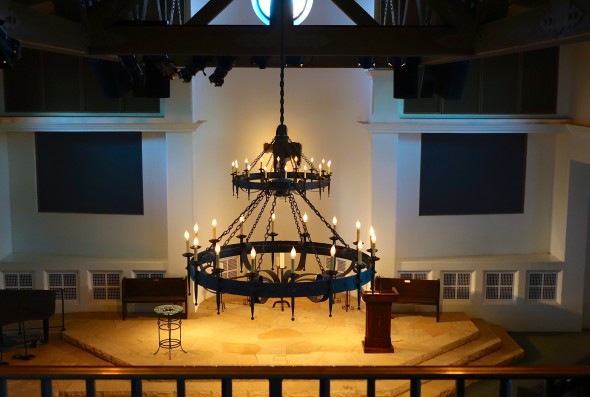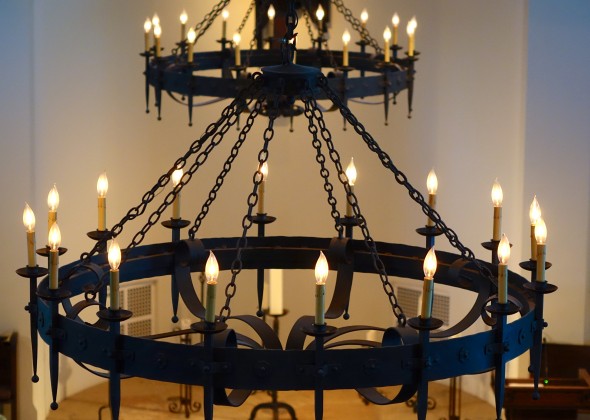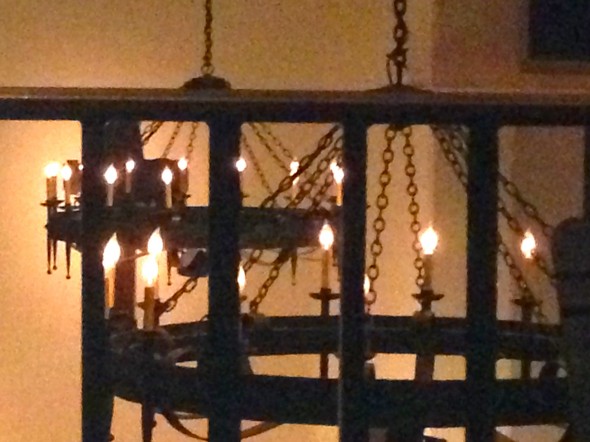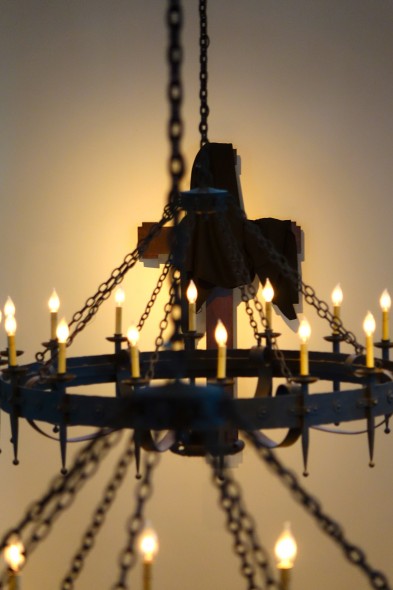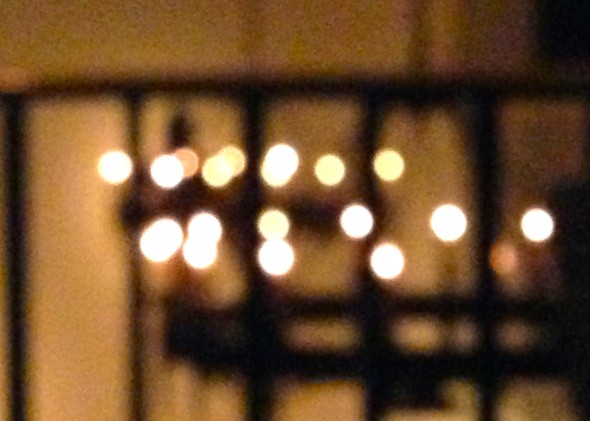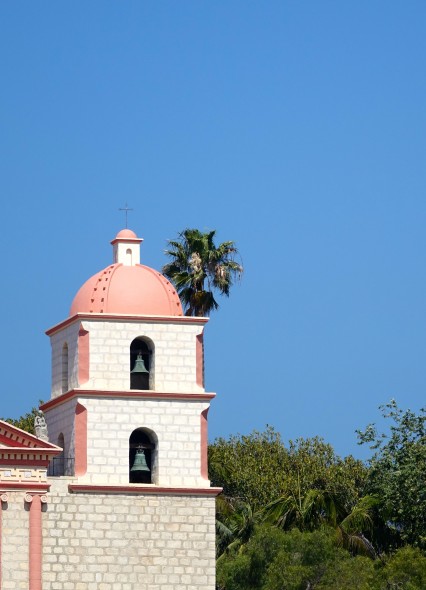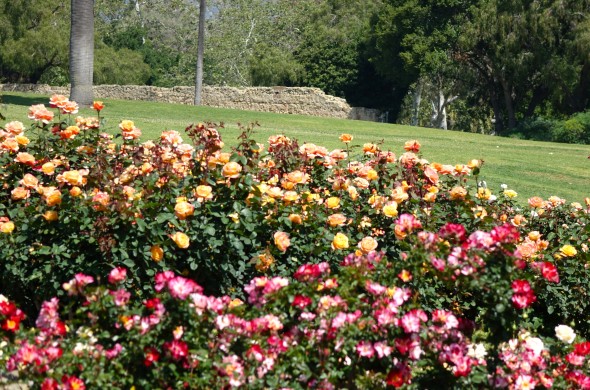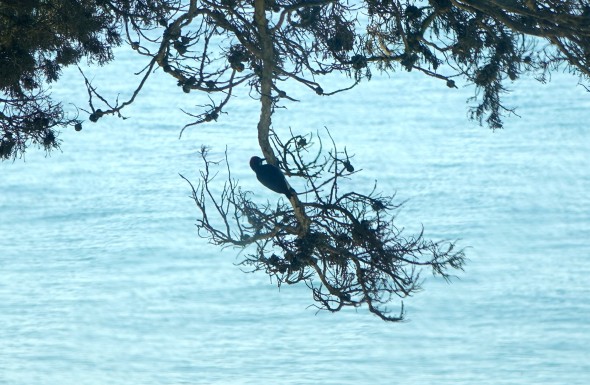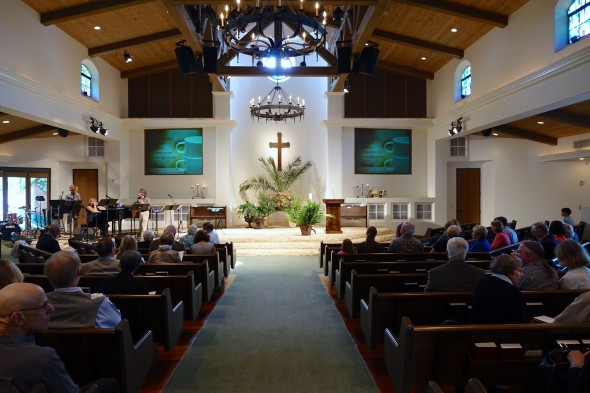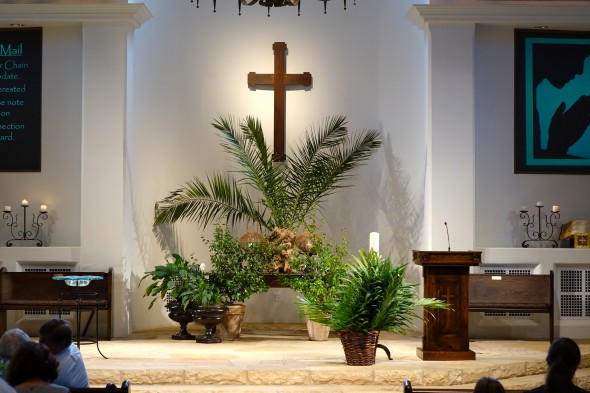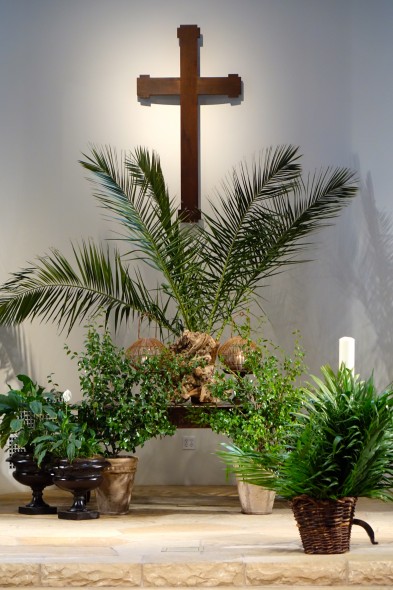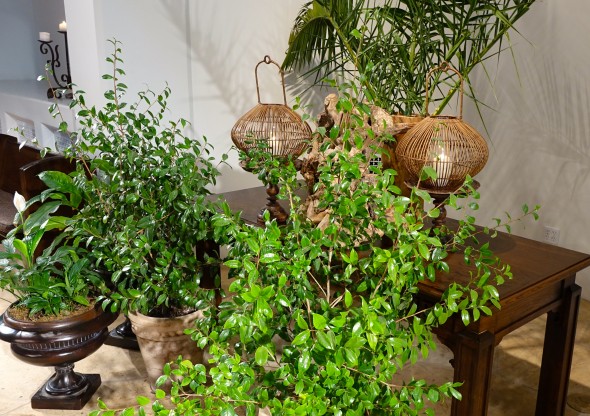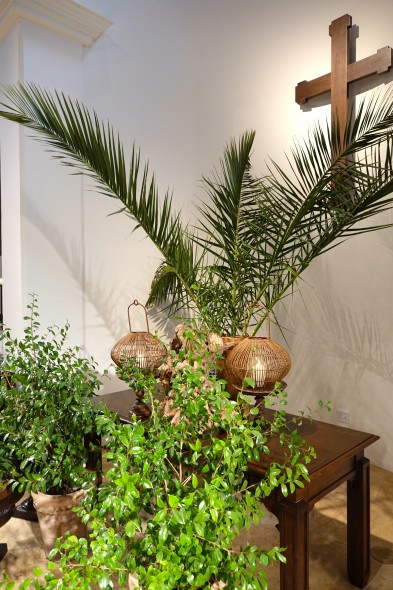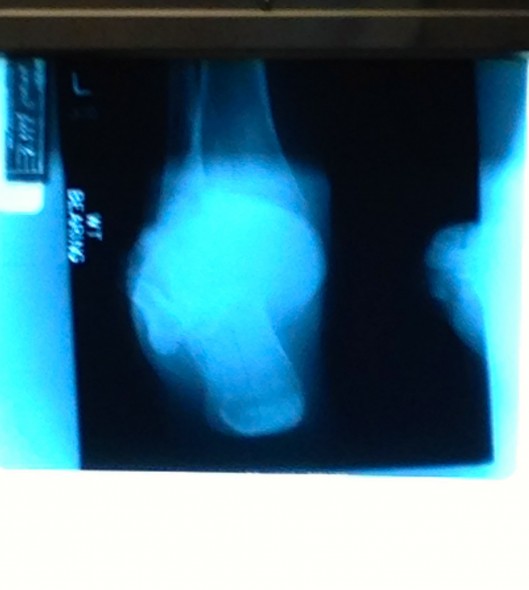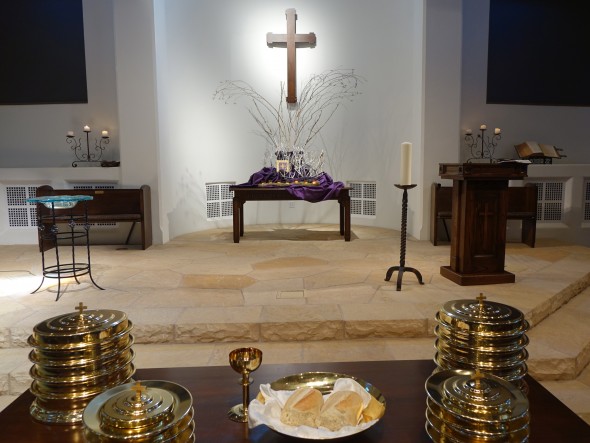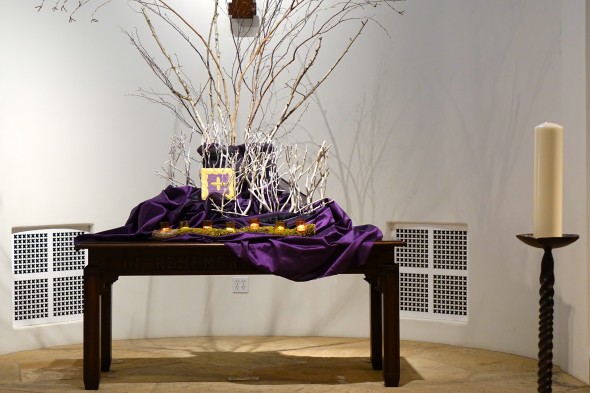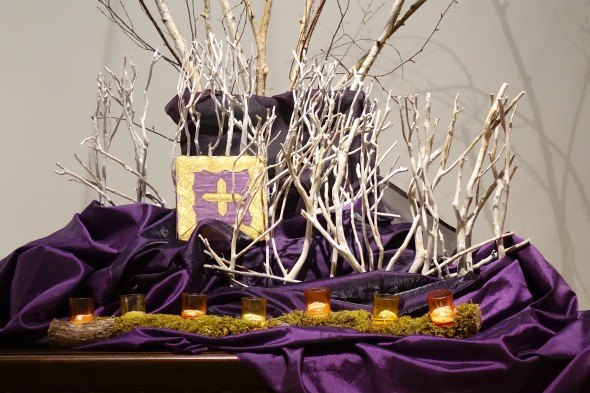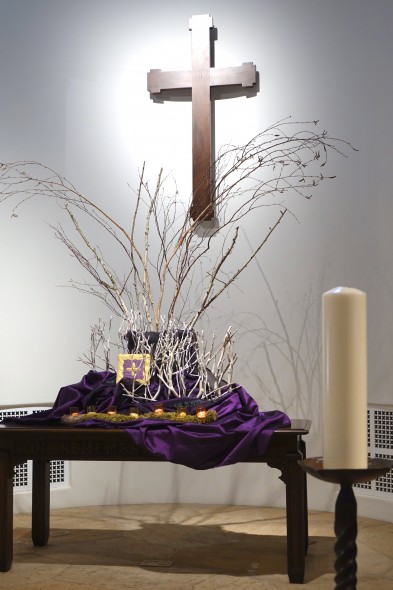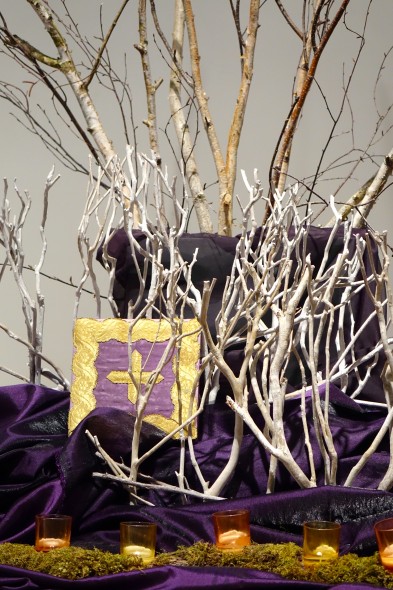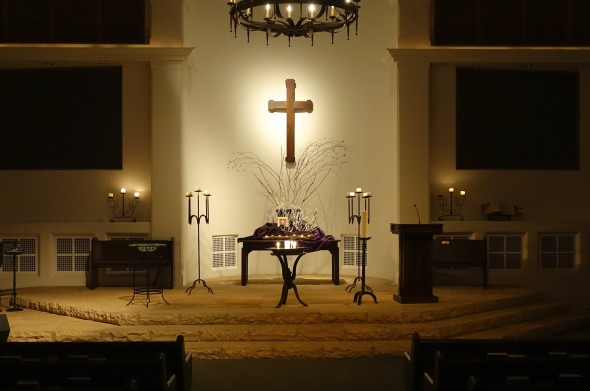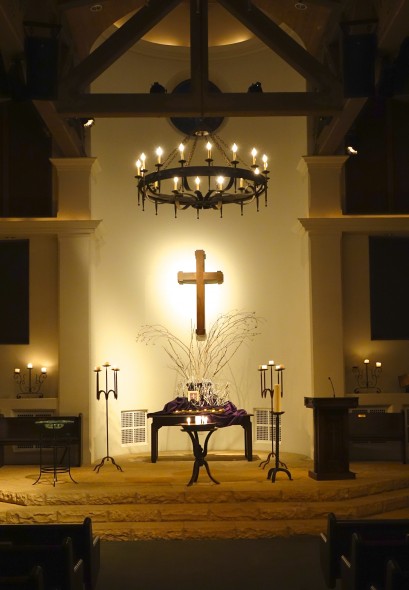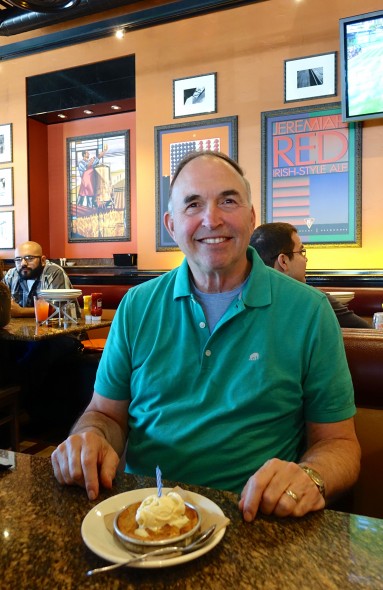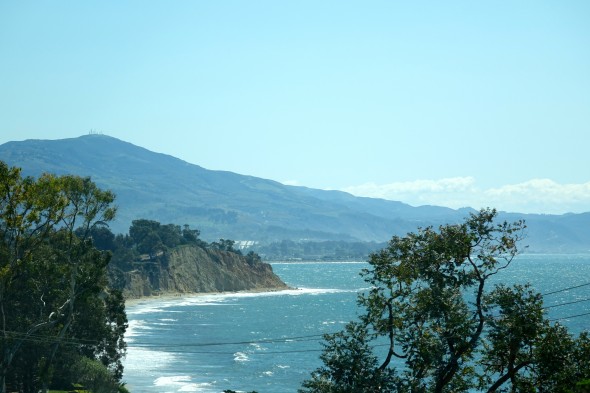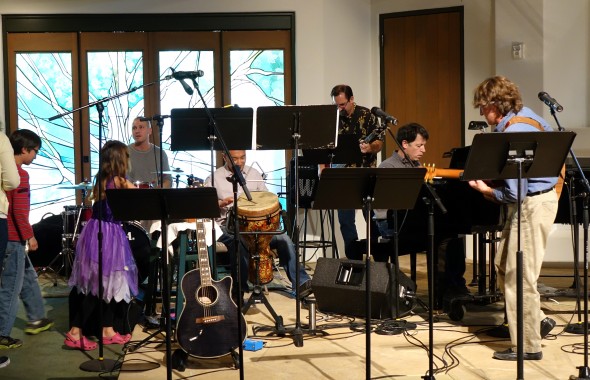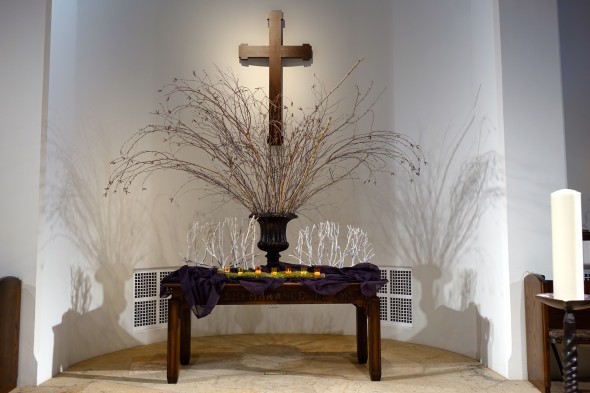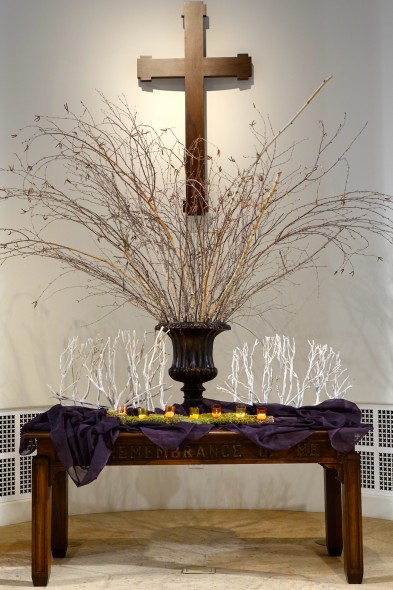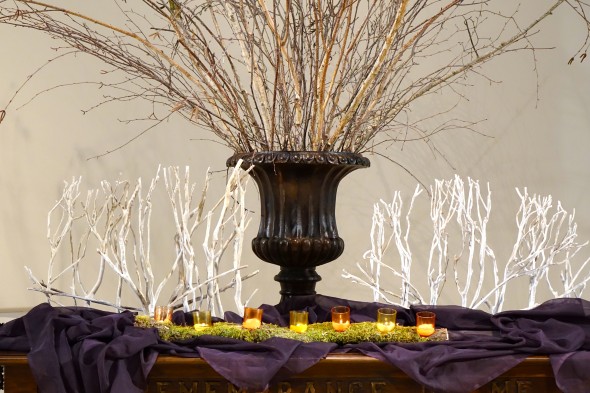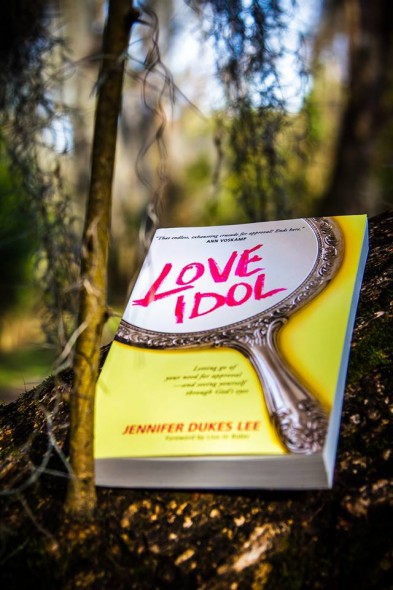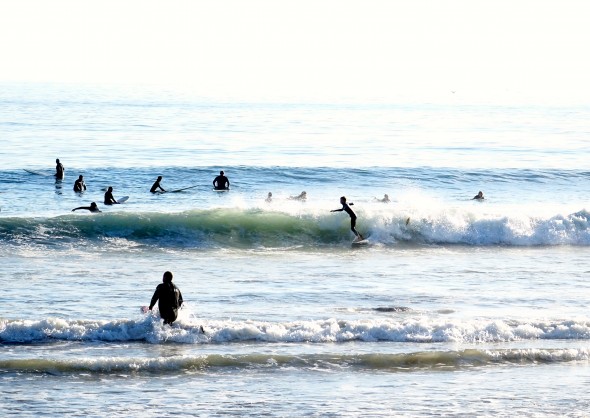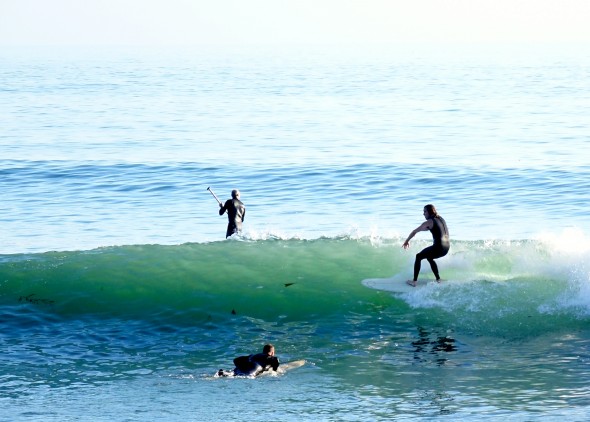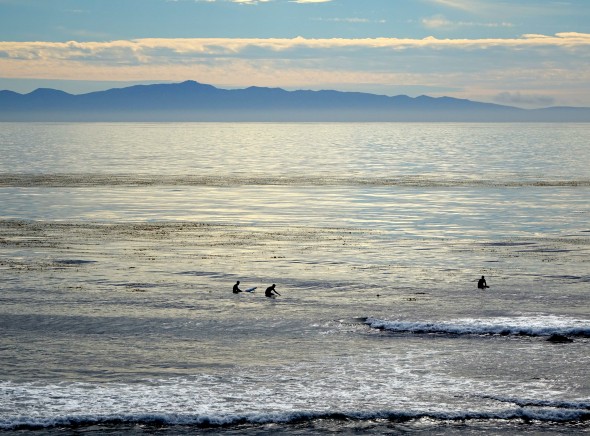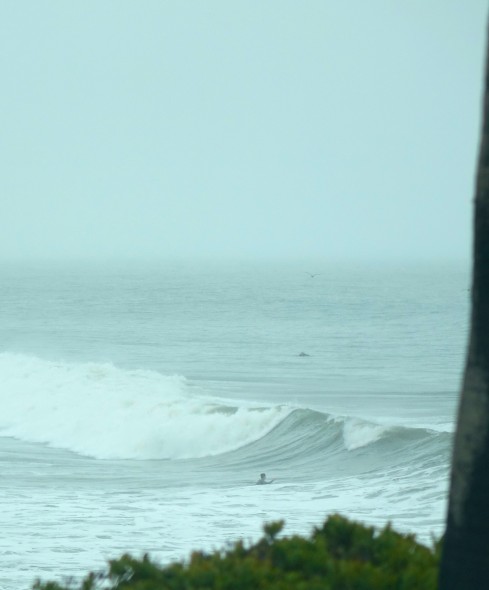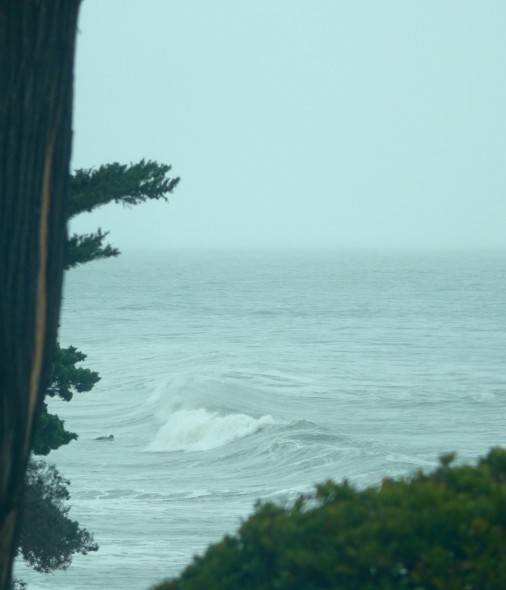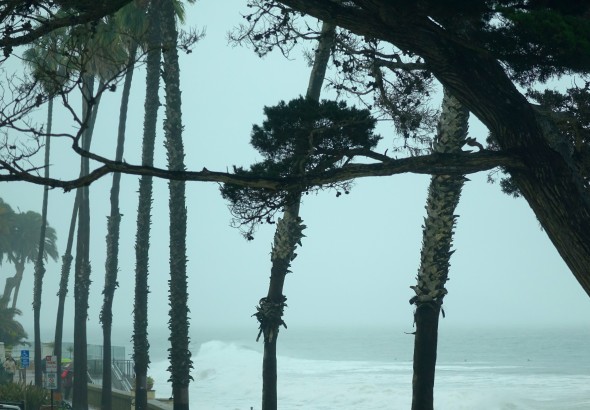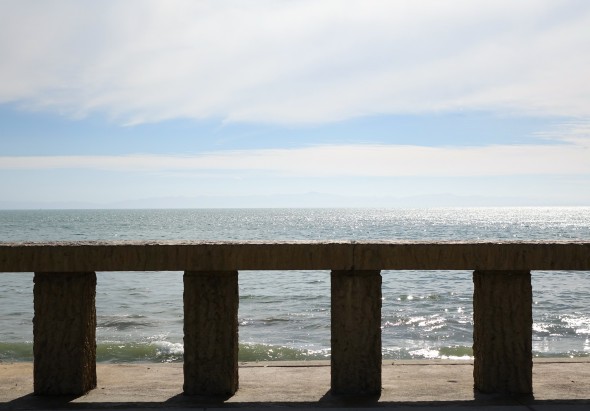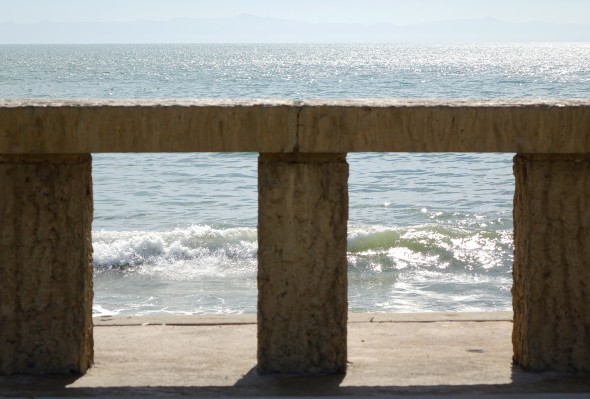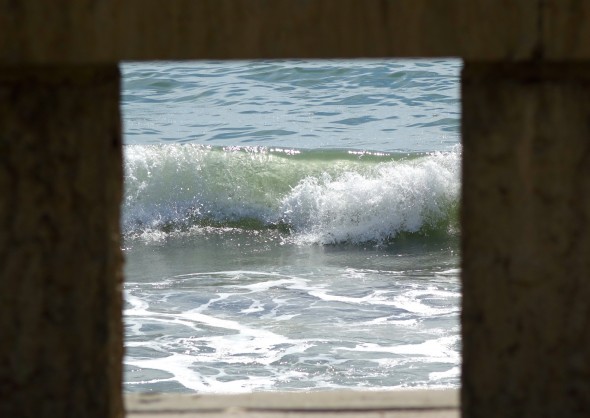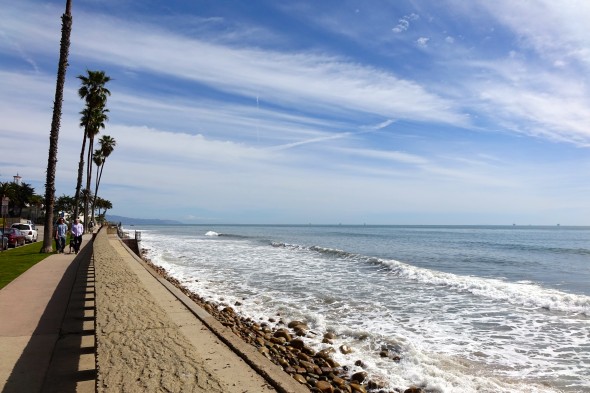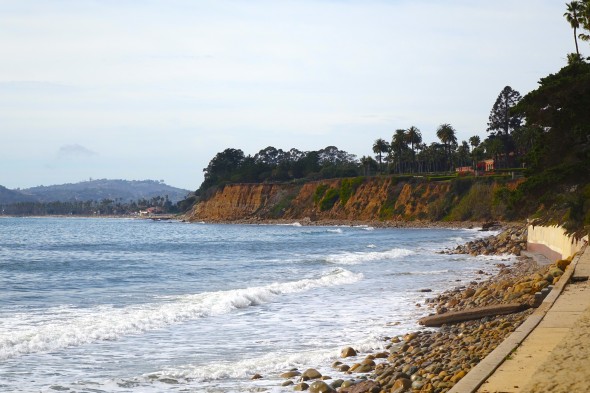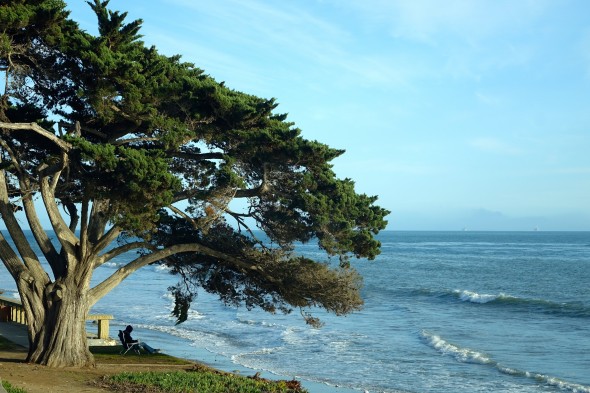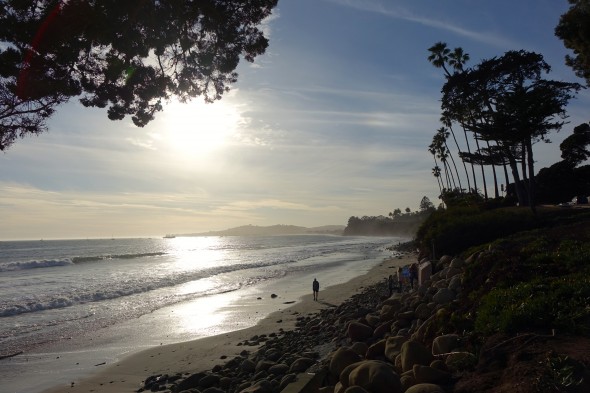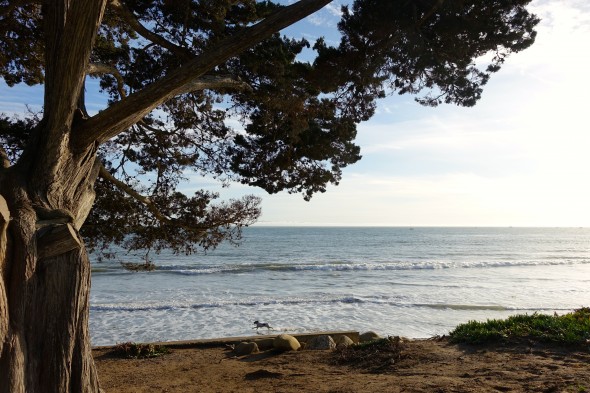I helped my husband teach Sunday School a few weeks ago. He teaches the kids in grades 1-4 and his usual teammate was out of town on Mother’s Day, so he asked me to step in.
I did all I could to stifle a groan, forced a smile and said, “Well. I guess so.”
Not the most gracious response, I will admit. Since I retired from ministry a little over three years ago, I’ve sort of ‘given up’ Sunday school. I did a lot of planning, coordinating, setting up tables and chairs, and teaching during my years as an associate pastor, and, to tell you the truth, I am pretty burned out on the whole shebang.
Also? I taught adults. That’s what my call was, that’s where my gifts lie, and for a long time, I absolutely loved it.
I think it was the tables and chairs that finally got to me.
So, for most of the last three years, I have gotten up, gotten dressed and driven my husband to church, dropping him off by the children’s wing. And then, I’ve turned my car around and headed right straight down to the beach.
I park my car near the bluffs, under the lone cypress tree that marks ‘my spot,’ and I sit with my tea and my toast and I stare at the sea. Sometimes, I read scripture or a devotional guide. Sometimes I just sit. Always, I open myself to God and listen. And you want to know something? I’ve gotten so much more out of worship when I begin my Sunday this way — by myself, by the sea.
So to give that up — on Mother’s Day, no less — was tough to do.
But.
I wanted to honor my husband.
I don’t do enough of that these days. We’ve grown into a comfortable pattern of occupying this house in separate spaces most of the day. We check in with each other, we check up on each other — but part of the adjustment to our both being home together, all day, every day, has meant the creation of parallel lives, at least to some extent. So agreeing to his request that we do something together seemed timely and important.
And he really, really wanted me there.
Part of the lesson involved looking at the fifth commandment . . .
Please join me over at SheLoves today to read the rest of this story . . .
